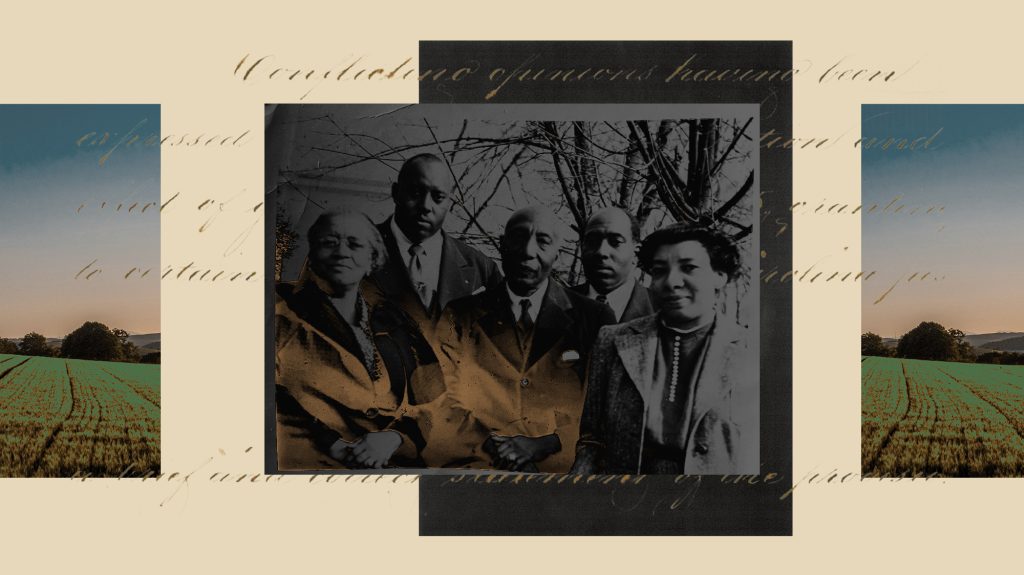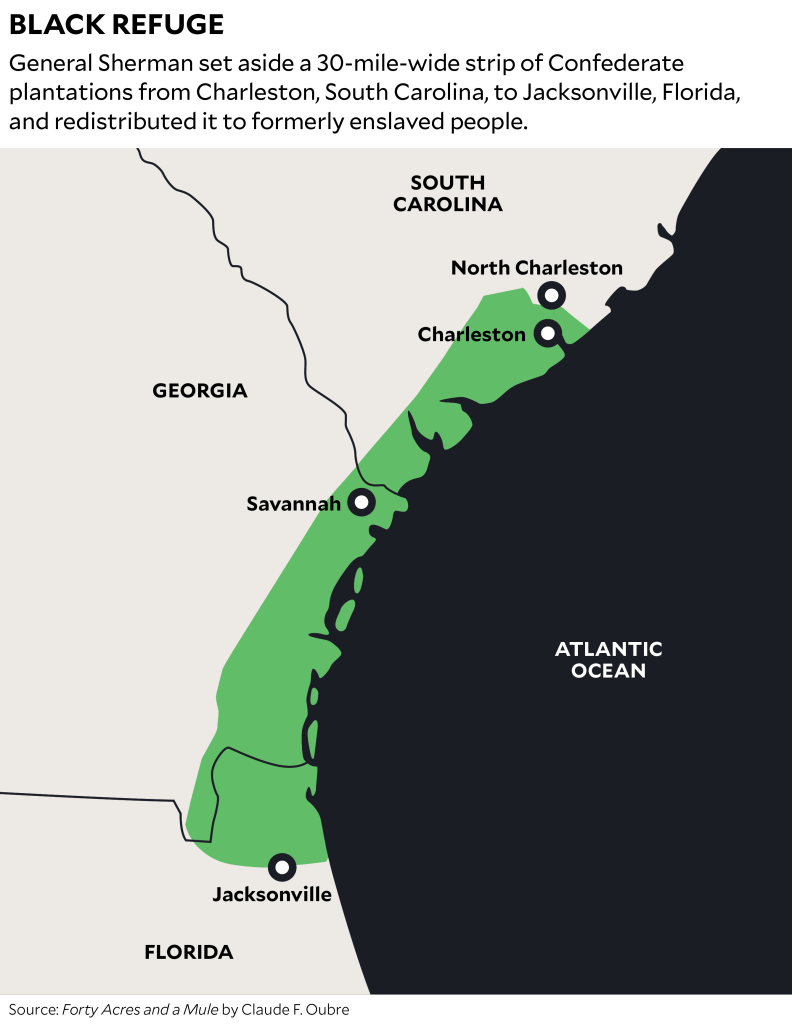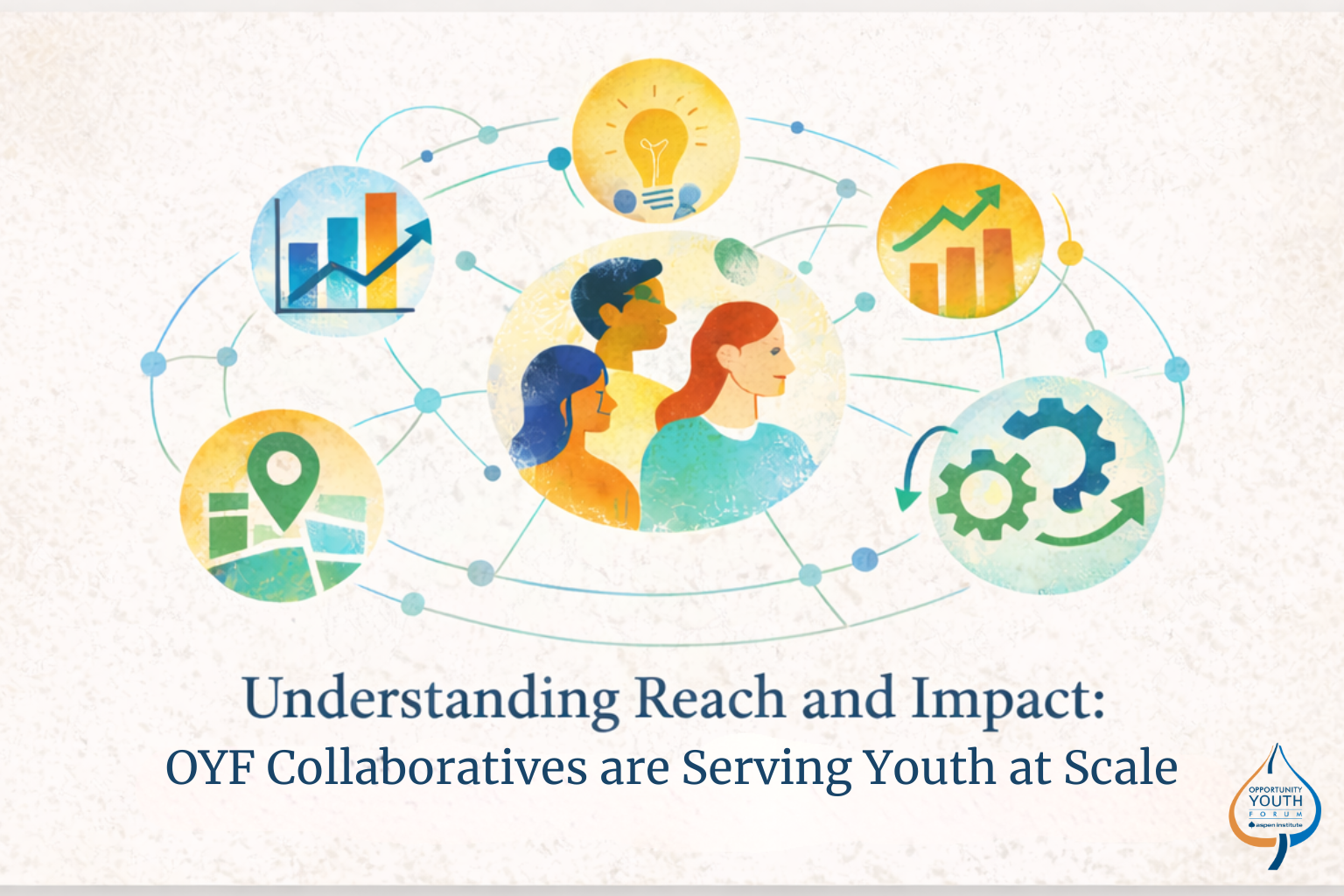40 Acres and a Lie


A government program gave formerly enslaved people land after the Civil War, only to take nearly all of it back a year and a half later. We used artificial intelligence to track down the people, places, and stories that had long been misunderstood and forgotten, then asked their descendants about what’s owed now.
This story was produced as part of a collaboration between the Center for Public Integrity, the Center for Investigative Reporting, and the Investigative Reporting Workshop.
Black Americans have been demanding compensation and restitution for their suffering since the end of the Civil War.
40 Acres and a Mule remains the nation’s most famous attempt to provide some form of reparations for American slavery. Today, it is largely remembered as a broken promise and an abandoned step toward multiracial democracy. Less known is that the federal government actually did issue hundreds, perhaps thousands, of titles to specific plots of land between 4 and 40 acres. Freedmen and women built homes, established local governments, and farmed the land. But their utopia didn’t last long. After President Abraham Lincoln was assassinated, his successor, Andrew Johnson, stripped property from formerly enslaved Black residents across the South and returned it to their past enslavers.
Over the course of two and a half years, a team of Public Integrity reporters, editors, and researchers identified 1,250 Black men and women who had earned land as reparations after the Civil War. From there, the team conducted genealogical research to locate living descendants of many of those who had received and then lost the land. For the first time, these living Black Americans were made aware of the specific land that had been given to and then taken away from their ancestors.


This project is an unprecedented and innovative use of Freedmen’s Bureau records—an impossible task for most of American history, until recent advances in genealogical research and the digitization of thousands of pages of Reconstruction-era documents made it feasible.

Paying down debt can bring a sense of relief. For many people, the next challenge is maintaining steady finances over time. Money...

Opportunity youth – young people ages 16 to 24 who are not employed or enrolled in school – represent a...

In today’s fast-paced world where financial stability often feels elusive, more people are exploring side hustles to boost their income....